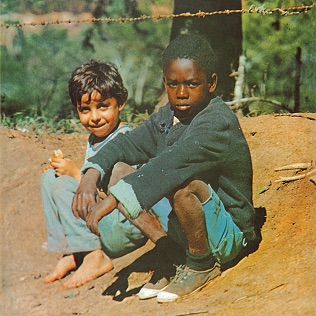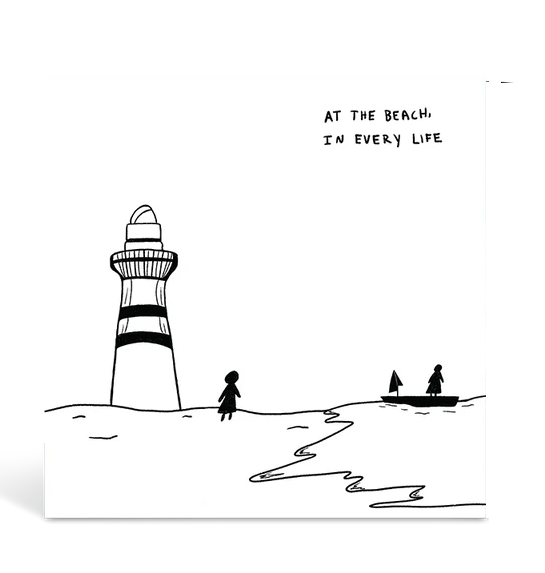The “It Ends with Us” movie, adapted from Colleen Hoover’s novel, captures the core narrative but doesn’t quite match the emotional intensity of the book.
Both stories follow Lily Bloom, a young woman who relocates to Boston and falls in love with Ryle Kincaid, a successful neurosurgeon. Their relationship begins beautifully but soon reveals darker undertones as Ryle’s true nature surfaces. As a result, Lily must confront her past, including her first love, Atlas Corrigan, whose return complicates her life.
Ryle’s character development is a crucial aspect of the story and he gradually reveals his darker side in the book. This slow unraveling adds to the tension and emotional impact. On the other hand, the movie’s portrayal feels more rushed, which makes his transformation less shocking and Lily’s struggle less understandable.
Atlas’s role in the movie is also less developed than in the book, where his relationship with Lily is explored more deeply. This made the movie’s version of Lily’s choice between Ryle and Atlas less significant.
The themes of breaking the cycle of abuse and choosing self-love are central to both the book and the movie. However, the book delves into these themes with greater subtlety and depth, allowing readers to fully grasp Lily’s internal conflict. The movie touches on these themes but doesn’t explore them as thoroughly as necessary due to condensed character development.
The book offers a profound experience, deeply immersing readers in Bloom’s struggles and resilience. Each moment in the novel feels intense and personal, making it a gripping read. In contrast, the movie, while visually appealing, doesn’t evoke the same heart wrenching highs and lows.
For those who haven’t read the novel, the movie might still resonate as a compelling drama. Although, for those familiar with the book, the film falls short of delivering the same emotional rollercoaster.










